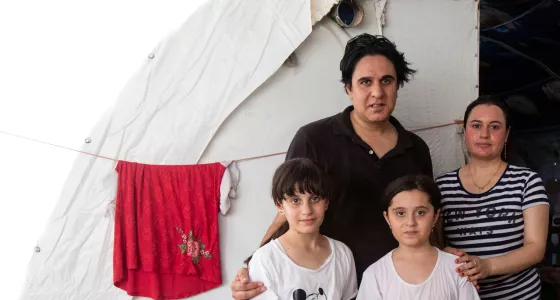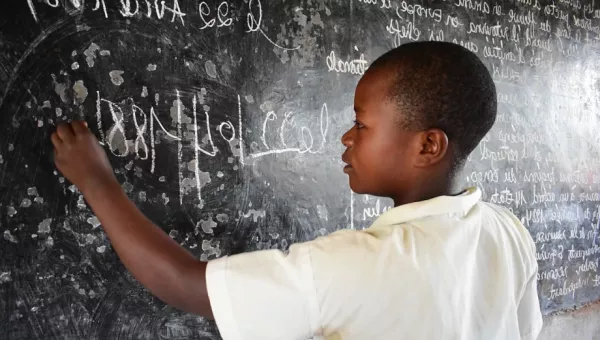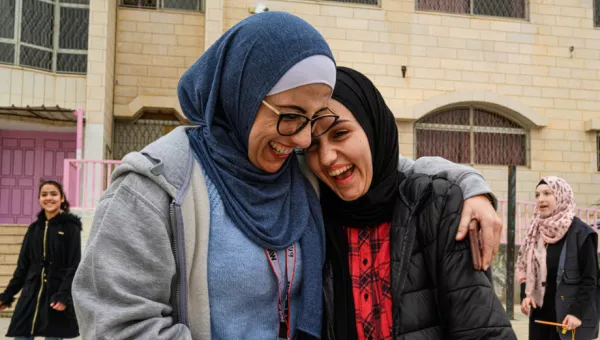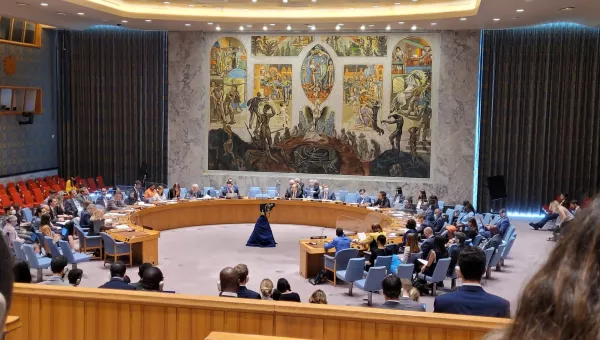Strong families help children recover from war.
Children and young people are disproportionately affected by war, and the abject poverty that comes with it. When children lose access to essentials like food and water, they face devastating psychological impacts. The lack of opportunities for growth and development often last a lifetime.
When conflicts break out, we intervene quickly to provide emergency cash relief so that families access food, water, and shelter, and other basic necessities to address their immediate needs. This also protects children, by ensuring that their families don’t resort to negative coping strategies like child labour, pulling kids out of school, or even early marriage, that can rob children of a childhood.
We provide long-term solutions to mitigate the impact of chronic conflict to help young people, families and communities remain resilient for the future, like equipping young people with the skills to find apprenticeships or employment, or supporting parents and caregivers to start their own business.




